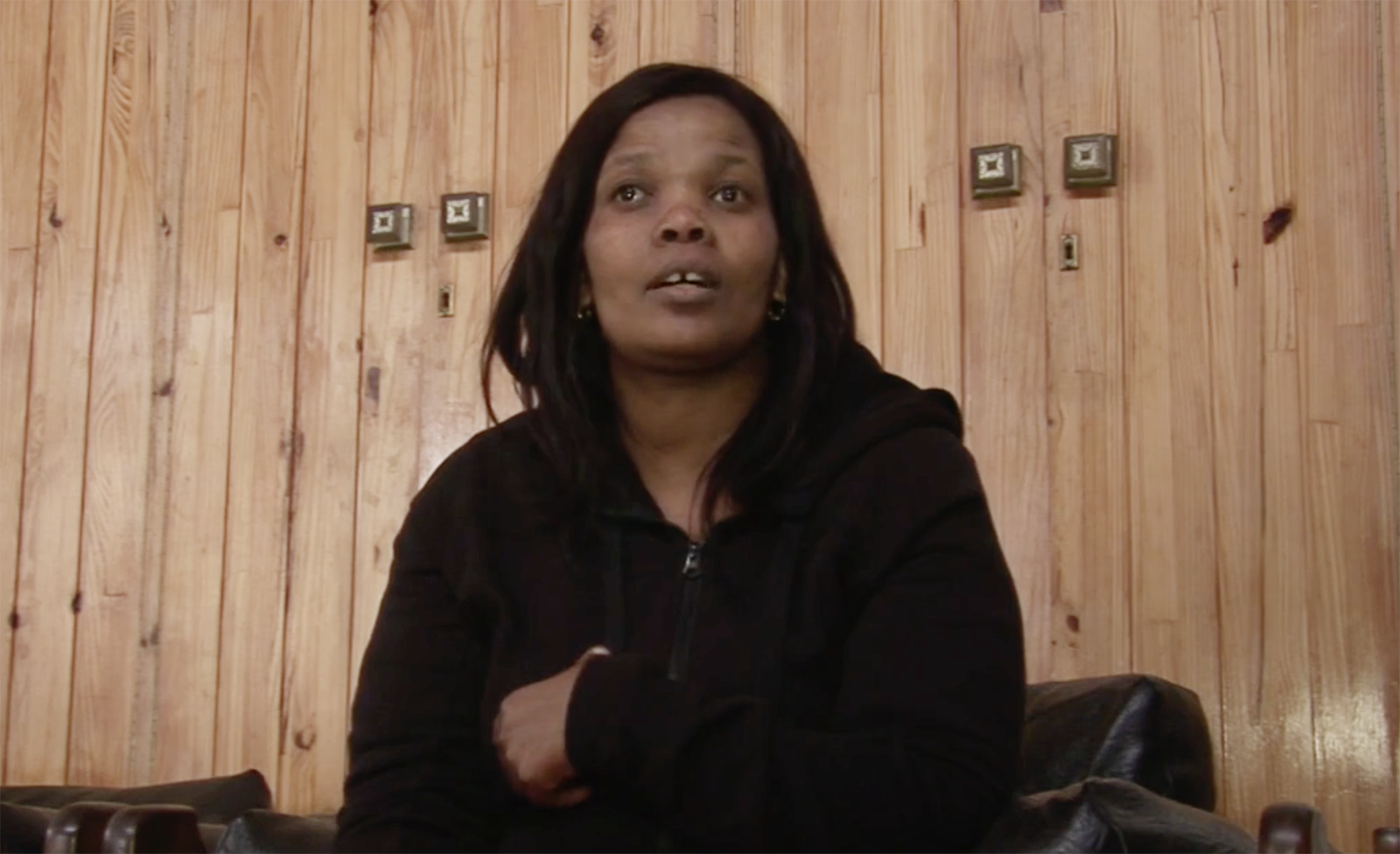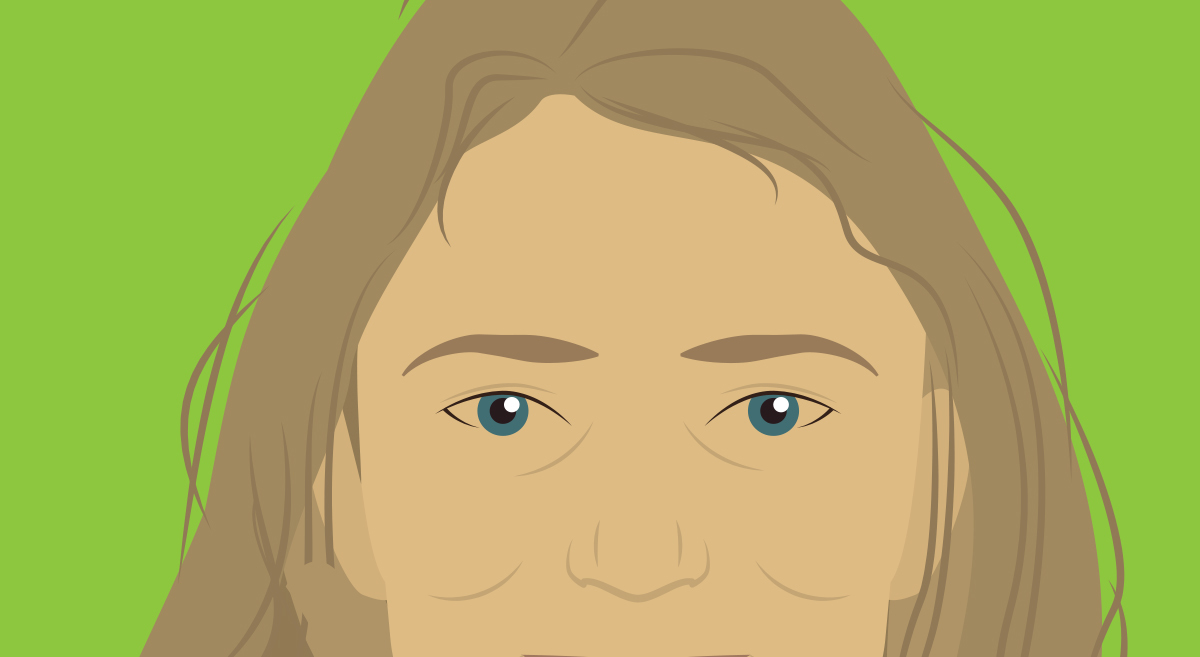https://vimeo.com/114598411
For most of her adult life, Mina Plaatjies has lived in one, deeply quiet room in Constantia, an exclusive suburb in Cape Town. Visiting this subtly determined 40-year-old means transecting different lives. The house stands on a shady street. It has an intercom, and electric gates that slide silently open and then gently shut again. Every day, Mina exits the polished front door to collect the newspaper, tossed over the boundary wall. She walks back past an array of family treasures and photographs in the lobby. The owner, Joan Friedmann (70, not her real name) and her husband, Matthew (not his real name), collected antiques; the formal rooms in the house are museum-like both in the scope of objects on display, and the hushed atmosphere. Left from the lobby is a cosy sitting room. A right turn takes Mina to the kitchen, where she may scan the headlines while making 4pm tea. To reach her own room, she will unlock the back door, pass the clothes line, climb a step and enter her room. As she speaks, Mina may drop references to “life outside”, how expensive it is, for example, but also how different. Because inside her employer’s Constantia home, Mina inhabits a work persona; outside, she is another person.
Mina has cooked and cleaned in this family home for 18 years. She’s on duty from 8am to 2pm, and again from 4pm to 7pm, Monday to Friday. If she works overtime—on public holidays, weekends, or at night—she receives extra pay. She also makes a little extra doing washing and cleaning for Joan’s youngest son, Daniel (not his real name). She eats the same food as the rest of the household, sometimes sharing a meal in front of the television. She wears fleecy tracksuit pants and jumpers in winter, and a cotton overcoat in summer, also supplied by Joan. Mina is reluctant to divulge her basic salary—it is well over the minimum wage for domestic workers, but not enough to exclude her from qualifying for state housing (the cut-off is over R3500). Her room in Constantia has a separate bathroom with a yellow glass window that looks onto the garden. It is equipped with furniture supplied by Joan, a TV and a microwave. Personal items are stuck to the cupboards: a letter from her son Davelin (19) and daughter Jody-Lynn (13), also a poster on the “new generation in Generations”. On the dresser stands a framed picture of Mina, groomed, immaculate and clad in a graduation robe: it records the day in 2011 this domestic worker and trade unionist received a diploma in adult education from the University of Cape Town (UCT).
Prieska is a small community on the banks of the Orange River in the Northern Cape. The town’s name is an adaption of a Koranna word meaning “place of the lost she-goat”. The entire population of Prieska added up to less than the number of people living in Constantia when Mina grew up. In Prieska today, 92.5% of people speak Afrikaans and 30.2% of youth in the local SiyaThemba municipality are unemployed. In mostly English-speaking Constantia, a place of evenly spread privilege, 96% of people have jobs.
Read more...


